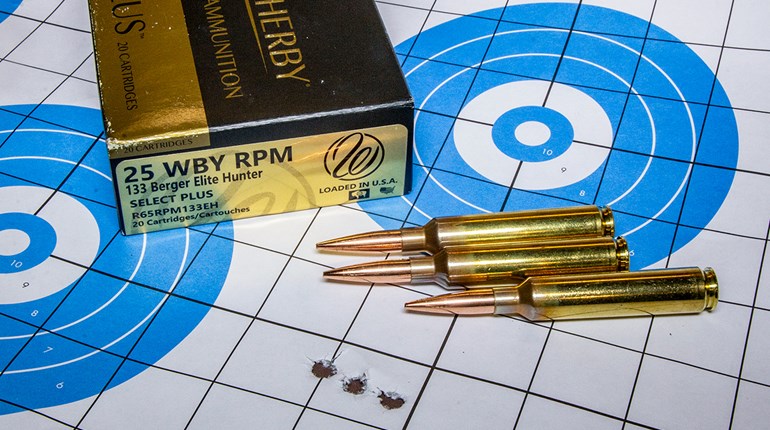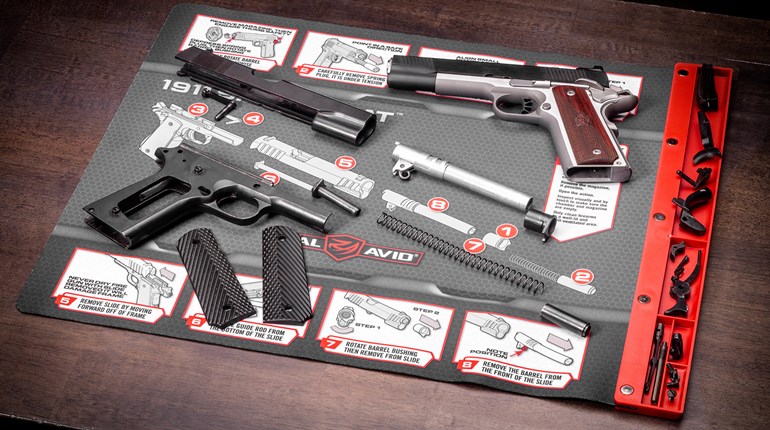
We all face tough obstacles at some point in our lives. We either rise to the occasion or we don’t. When I look around, I see plenty of people on both sides of this equation, which has led me to pay particular attention to my students. I observe their behavior during training; at first, I didn’t know what I was looking for, but over time I started to see it more easily. What I was looking for was good, old-fashioned grit. Throughout my professional career there have been very few accomplishments that did not take grit. Regardless of your current skill level, the journey of becoming a true master of this art is a long one. It is pitted with obstacles, challenges and failures, yet those with grit will succeed. Why is that, and why is it important for everyone to cultivate grit in their lives?
Before we get too far along, we must know and understand grit. The textbook definition would sound something like this: Firmness of mind and spirit; unyielding courage in the face of hardship or danger. As a student learning or perfecting any skill, it is important to cultivate a grit mindset. When it comes to learning how to shoot a firearm as a new shooter, this can be quite helpful. Those who demonstrate grit recognize it is not an easy task, and it will take discipline and commitment. They stick with their long-term goals, knowing it will require more than a few weeks or months to accomplish. They are hard workers, despite failures and setbacks. Their resilience (their capacity to recover from setbacks) is high. I look for these traits in all our students, and through our curriculum I try to impart the importance of developing the grit mindset. You don’t have to attend one of our training courses to develop grit; like many things it is a learned skill, and here are five areas to consider.
 Courage is the first area. That you are standing on the firing line in the first place is the first test of courage, in my opinion. It means you have overcome some apprehension and charged into the unknown. We can all remember the first day of school and how nervous we felt, and attending a training course can conjure up some of the same feelings, with a big difference being that the training course is voluntary. A student who is courageous is also not afraid to fail or look bad, because they know this is a crucial component to meeting their goals. They are not there to compare themselves to others, they are there to achieve a goal. When we can make learning the priority, we discover new ways to be courageous. One thing I have noticed about students who display courage in our courses is they are some of the first to encourage others who struggle or recognize accomplishments in their fellow students.
Courage is the first area. That you are standing on the firing line in the first place is the first test of courage, in my opinion. It means you have overcome some apprehension and charged into the unknown. We can all remember the first day of school and how nervous we felt, and attending a training course can conjure up some of the same feelings, with a big difference being that the training course is voluntary. A student who is courageous is also not afraid to fail or look bad, because they know this is a crucial component to meeting their goals. They are not there to compare themselves to others, they are there to achieve a goal. When we can make learning the priority, we discover new ways to be courageous. One thing I have noticed about students who display courage in our courses is they are some of the first to encourage others who struggle or recognize accomplishments in their fellow students.
Resilience is one of my favorites. You already showed up, step one. Now, you must work hard and work equally as hard through setbacks and disappointments. Those who show resilience are the ones most likely not to quit when times get tough. When they are not meeting a standard or have failed a test, those with a high level of resilience bounce back. How is this demonstrated? They don’t beat themselves up. Instead, they break things down. What happened or didn’t happen? What went wrong? They reflect upon their performance to gain insight for the singular purpose of learning. They ask questions about their performance, and they don’t make excuses. As cliché as it sounds, trying over and over is a great example of resilience, and typically the reward is the achievement of their goals at some point.
Stamina is the one we sometimes forget. Life is a marathon, and so is learning. There are a lot of details you will probably not be ready to learn for some time. Then, one day, the lightbulb will switch on and it will seem so easy. You are not going to learn all there is about to know about shooting overnight. It will take time—time that is measured in years, maybe even decades. If you study any top-level performer, what you see is an amazing display of skill. What you don’t see is the years leading up to the moment when they dazzle us with their abilities. Look to any professional or Olympic-level athlete, and you will see stamina not just for their sport, but also to go the distance. The same applies to shooting; you must have stamina to reach your goals, because I promise you nothing else will help to meet your goals other than consistent hard work over time.

Creativity is the trait nobody recognizes, but it is the secret few want to share. If we are going to embrace being gritty, it means we must come up with creative ways to solve the problems we face. I love problem-solving. If I had a superpower, I feel like it would be my ability to solve problems (or to take naps). I will be the first to tell you I don’t have all the answers. I know a lot and I’m talented at creating strong and competent shooters, but there are certainly gaps in my game. A lot of times there is not a perfect solution to the problem I face with struggling students, and I must find something “good enough” in such circumstances. The point is, creativity will lead to the almighty “why” question. Why do we do something a certain way or can we do it a different way to achieve the same outcome? One reason I love having an outcome-based outlook is it opens me up to solving problems that deviate from the norm. I can look at the situation and recognize we need something different and be open to something different if it helps achieve the outcome.
Reflection is the aspect of grit I struggled with as a young adult despite my successes. Reflecting on my performance was somewhat easy, as I had the good fortune of growing up professionally in a community with high standards. In other words, I was constantly briefed on my shortcomings. These standards became my “True North” and allowed me to navigate through difficult times. I knew what was expected of me. I was also expected to recognize my faults and seek out means to improve them. Reflection can sometimes be a tough pill to swallow, which is why I find humor to be a big part of learning. Being able to laugh at oneself or laugh in general goes a long way toward achieving your goals. Give yourself permission to laugh at yourself. I promise you, it will do wonders. As somebody who has been laughing at himself for as long as I can remember, it makes things much easier to handle when they are not going your way.
Developing grit is one of the most important things you can do as a student, but if I’m being honest, even more so as a nation. We could all use a little more grit in our lives. Choose to celebrate life with your gritty friends and reap the rewards of your hard work in whatever skill or profession you undertake. Don’t just set goals, complete them. When things get tough and you feel like quitting, don’t. Instead, get focused.
We could all benefit from working hard to achieve success. No amount of talent will make up for hard work over time, and that is the key. Realize there will be setbacks, then push through them. In fact, welcome them as a part of the learning process and reach just a little bit further the next time. These tips, along with cultivating the five areas (courage, resiliency, stamina, creativity and reflection) of a grit mindset, will help you achieve great things and reach your goals, no matter the skill or desired outcome.




































